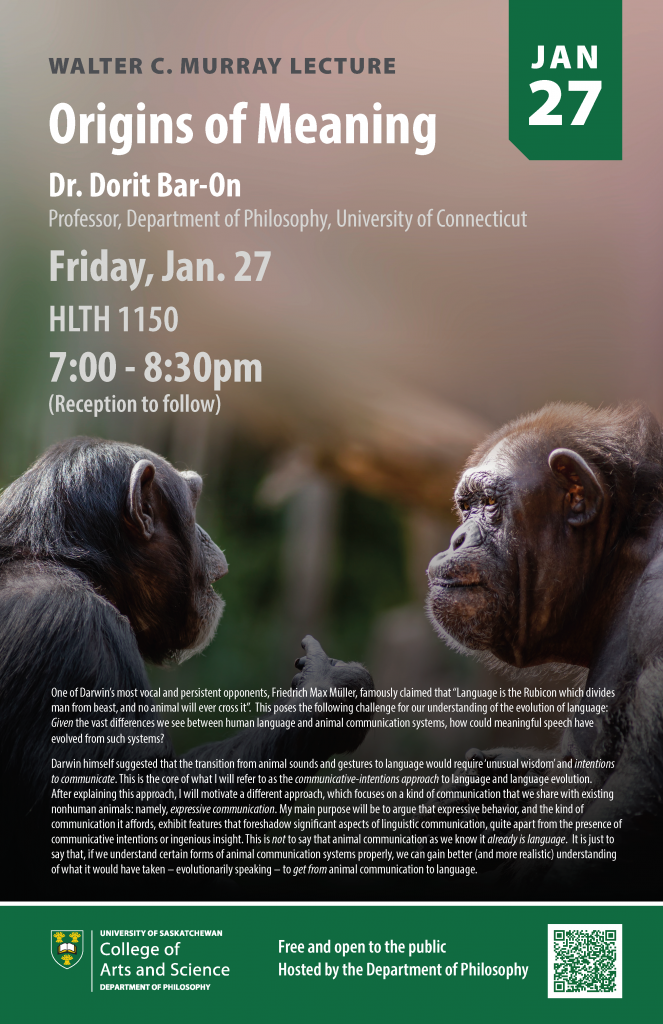Congratulations to Professor and Department Head Lewis Gordon‘s, whose book Fear of Black Consciousness has been chosen as one of the Seminary Co-Op Notable books for 2022!
Now in its seventh year, the Seminary Co-op Notables list celebrates the books published in 2022 that helped define scholarship and inquiry. With the release of this annual list, it continues to advocate for the increased visibility of the crucial work of serious presses and authors and aims to invigorate and inspires readers.
